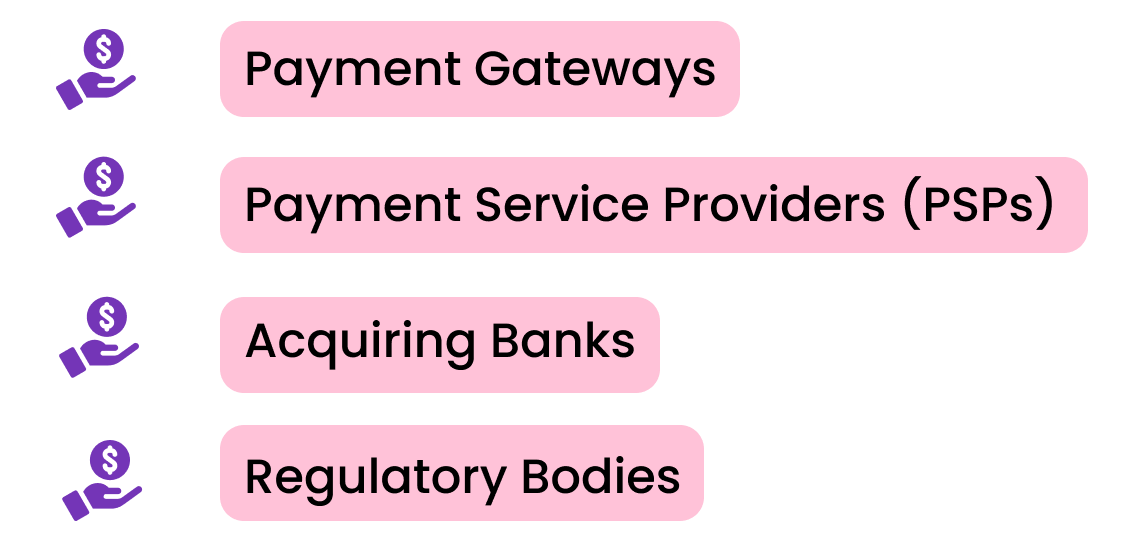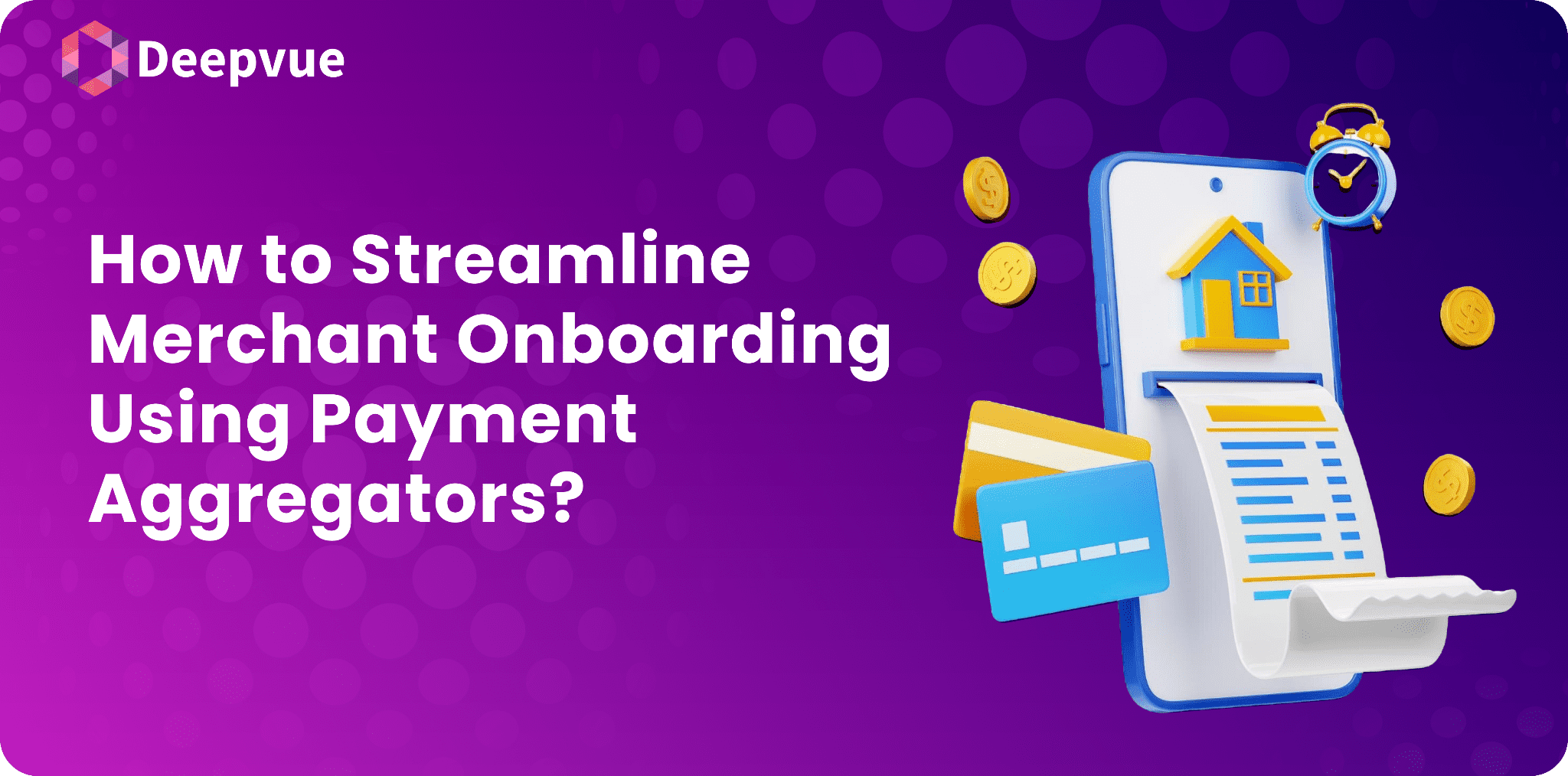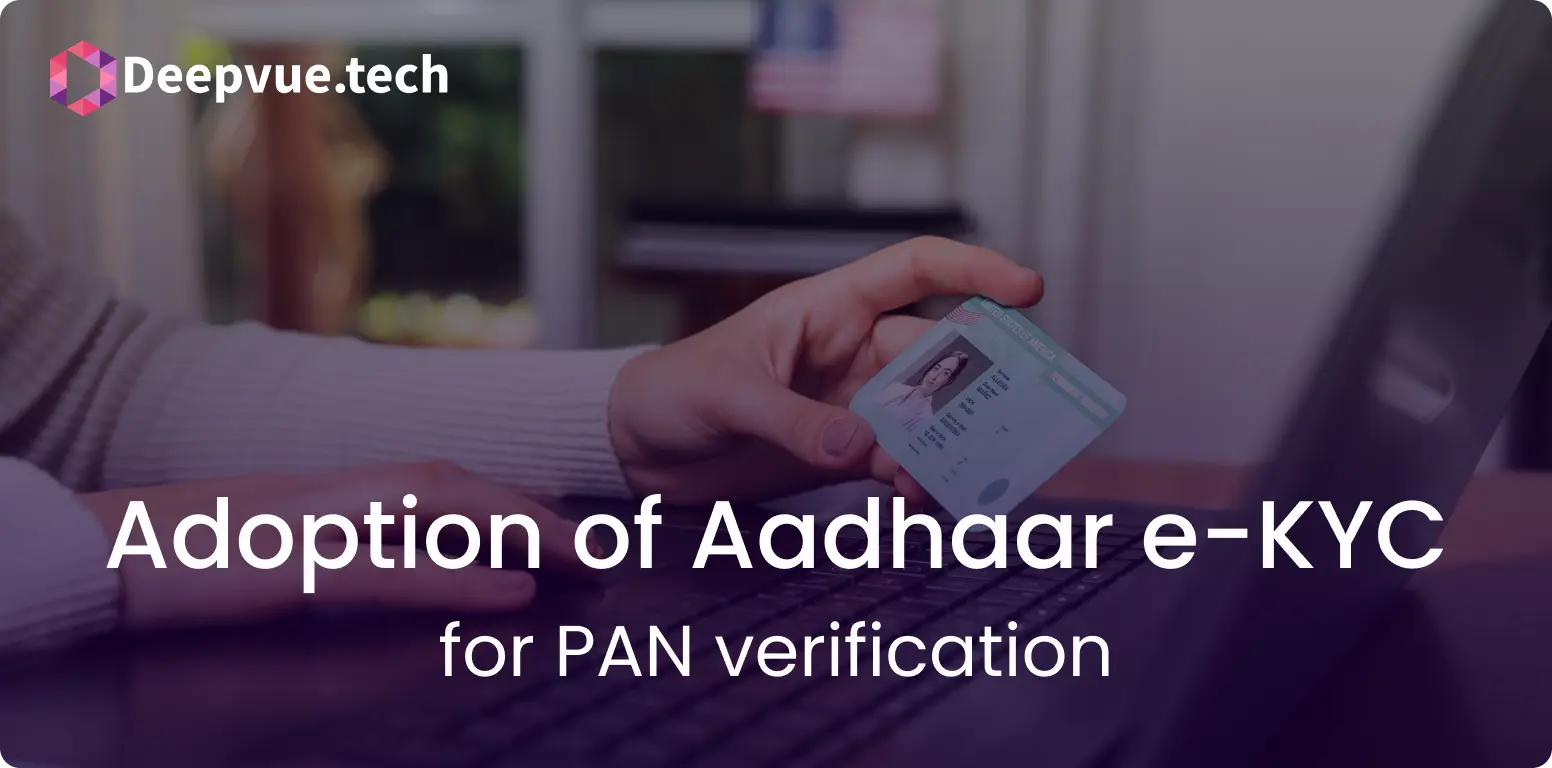Effective merchant onboarding is the key to a smooth payment process and enables companies to start accepting payments in a timely manner. Onboarding inefficiencies can bog down operations, lead to non-compliance, and cause missed opportunities for expanding businesses.
But here is the catch: classic onboarding is waiting in line forever at the DMV (Department of Motor Vehicles)—agonizing, excruciating, and drenched in heaps of paperwork. Who has time for that?
Payment aggregators have transformed onboarding processes, making them faster and more accurate for businesses. They turn such drudgery into something fast, convenient, and an experience akin to a smooth e-checkout as opposed to this never-ending administrative labyrinth.
Curious about how they pull off this trick? Let’s break it down!
Challenges in the Traditional Merchant Onboarding Process
Merchant onboarding is a multi-step process that ranges from business credential verification to payment system integration. Traditional ways of onboarding struggle with the following issues:
- Lengthy Documentation Processes: Most merchants incur paperwork and manual verification that drag on in terms of delays and customer dissatisfaction.
- High Risks of Error: Manual processes are prone to errors and require back-and-forth communication to rectify them.
- Compliance Bottlenecks: The KYC and AML become tiresome and complicated procedures.
- Limited Scalability: Scaling traditional methods to accommodate high merchant volumes is resource-intensive.
What Are Payment Aggregators?
A payment aggregator is a third-party platform that enables merchants to accept multiple payment modes, such as credit/debit cards, UPI, and net banking, without requiring integration with each of them individually. Popular payment aggregators like Razorpay, PayPal, and Stripe exemplify how businesses can leverage these platforms for seamless payment acceptance and onboarding.
Key Roles of Payment Aggregators:
- They serve as a middleman between vendors and payment firms.
- Streamline payments by providing a single point of integration.
- Offer value-added services such as analytics, risk management, and reconciliation tools.
Key Players in Merchant Onboarding

1. Payment Gateways
Payment gateways are digital bridges that enable the linking of customers, merchants, and acquiring banks for safe data exchange. Payment gateways secure payment information and forward it to the acquiring bank or merchant for processing, hence safely affecting card transactions. Apart from the security functions, payment gateways ensure an enhanced payment experience by expediting and making transaction processing reliable.
2. Payment Service Providers (PSPs)
PSPs are diversified service providers, like fraud detection, compliance checks, and risk management. They ease the onboarding process by automating the KYC and AML processes.
3. Acquiring Banks
Acquiring banks make estimations regarding the risk profiles of the merchants and ensure regulatory compliance. They authenticate the legitimacy of merchant documents and grant merchants eligibility to accept payment. Working intimately with PSPs and payment gateways, acquiring banks helps merchants enter the payment infrastructure without friction.
4. Regulatory Bodies
Merchant onboarding has regulatory authorities as compliance and security custodians. They establish and enforce the extent of standards to ensure fair practices, prevent fraud, and remove money laundering issues. They also facilitate training and guidance on risk management and regulatory compliance to PSPs, banks, and merchants to reduce their legal and financial risks.
Key Features of Payment Aggregators That Simplify Onboarding
Payment aggregators can extensively simplify the onboarding process for merchants through the automation of intricate procedures. Here is how:
- Automated KYC/AML Compliance: Payment aggregators make use of AI-based checks and authenticate merchant documents with lesser manual intervention and in real-time checks. Real-time checks ensure faster onboarding while being compliant with relevant regulations.
- API-Based Integration: Payment aggregators provide APIs to ensure seamless integration of document verification, payment setup, and fraud checks to onboard instantly.
- Centralized Dashboards: Merchants can track the progress of onboarding, check for compliance, and solve any issues through one interface.
- Scalable Solution: Aggregators are perfect for growing businesses since they will onboard multiple thousand merchants at a go.
Steps to Streamline Merchant Onboarding Process with Payment Aggregators

1. Document Digitization
Aggregators will allow a merchant to upload necessary documents online instead of printing paper-based forms. OCR software will automatically do this more to retrieve data without human action and receive the validated information quicker.
2. Enforce API-Driven Verifications
The aggregator can use APIs to authenticate the business license, PAN, GST, and bank account in real-time. This reduces manual checks and accelerates the process.
3. Automate Risk Assessment
Aggregators will use AI algorithms to assess merchant risk profiles based on patterns of transaction, history of fraud, and creditworthiness. Automated risk scoring assists in quick decisions.
4. Offer Self-Service Portals
Self-service platforms enable merchants to onboard with minimal assistance. With onboard portals, merchants will be guided throughout the onboarding procedure while being incredibly clear and easy to use.
5. Enable Pre-Built Payment Integrations
Aggregators are offering plug-and-play integrations for various payment methods, helping merchants get started with payments very quickly without complex configuration.
How Payment Aggregators Improve Compliance & Fraud Prevention?
- KYC & Merchant Verification: Payment aggregators perform robust Know Your Customer (KYC) verification and validate merchants prior to onboarding, minimizing the chances of fraudulent merchants.
- Regulatory Compliance: Aggregators comply with financial regulations, like PCI DSS, AML (Anti-Money Laundering), and KYC regulations, to remain compliant.
- Chargeback Management: They assist in reducing chargebacks by authenticating transactions, introducing fraud protection solutions, and negotiating with banks in case of dispute resolution.
- Tokenization & Encryption: Sensitive payment information is tokenized and encrypted, reducing the risk of data breaches and unauthorized access.
- Multi-Factor Authentication (MFA): Secure authentication methods, including OTPs and biometrics, provide additional layers of protection against fraud.
- Blacklist & Whitelist Management: Aggregators have blacklists of fraudulent merchants and whitelists of secure entities to help mitigate fraud threats.
- Regulatory Reporting & Audits: Automated reporting and compliance tools enable companies to fulfill regulatory requirements and identify potential financial crimes.
Metrics for Measuring Onboarding Success
- Customer Satisfaction: Track the Net Promoter Score (NPS) and feedback surveys to understand how the merchants perceive the onboarding process.
- Regulatory Compliance: Track the completion rates of KYC/AML and pass audit rates to ensure that your processes are law-compliant.
- Integration Support: The time spent on the process of integration, success rate, and satisfaction of merchants with the technical support offered for smooth payment setup.
- Progress Tracking: This helps in tracking onboarding stages and provides support for tracking and removing bottlenecks to ensure improved performance.
- Automation Benefits: Reduction in manual processes, conversion rates, and accuracy of compliance measure the success of automation
Choosing the Right Payment Aggregator
One of the most significant decisions for effective merchant onboarding is the choice of the payment aggregator. Among the most important ones are:
- Security: Ideally, the aggregator would be a PCI-DSS-compliant entity, with aggressive fraud detection mechanisms.
- Scalability: One has to choose an environment that scales up with the growth of business. The onboarding process and scalability in terms of handling transactions must also scale up in the onboarding process.
- Integration Options: Verify whether they already have APIs and SDKs integrated so that integrating into your systems becomes easy.
- Customer Support: Aggregator support services will be scrutinized and reviewed for solving problems quickly and help at each step during the onboarding process.
- Price: You need to know the aggregator’s fee structure, transaction fees, and hidden costs to understand how they affect your margins.
Why is Deepvue’s Account Aggregator API the Best Solution for Your Business?
Deepvue’s Account Aggregator API connects seamlessly to the framework for real-time fetching of user-approved financial data. This will help businesses make on-the-spot decisions, thus making it more operational and efficient with more satisfied users.
1. Easy Compliance with Regulatory Compliances
While regulatory compliance is complicated to traverse, Deepvue’s API ensures strict compliance with RBI norms and other requirements of financial data sharing, allowing the growth of businesses in different fields.
2. Simplified Customer Onboarding
It can instantly verify customer details through consolidated financial information. This saves onboarding time and is excellent for banks, NBFCs, and fintech platforms.
3. Easy Integration with Existing Systems
The APIs are intended to be well-integrated into existing workflows and systems. Coupled with developer-friendly documentation and responsive support, it can be up and running quickly.
4. Cost-Effective and Scalable
This API is designed for scalability, making it a go-to option for any business concern. Furthermore, the pricing scale is competitive, and thereby it would give value without diluting quality or features.
Conclusion
Efficient onboarding of merchants is one aspect of a successful business. Payment aggregators work on automating documentation, compliance, and payment setup to enable businesses to quickly scale up their merchant onboarding process. The features such as API-driven verification, self-service portals, and centralized dashboards help provide the most seamless onboarding experience ever.
It is a very strategic step toward scalability and compliance for businesses that seek to strengthen merchant onboarding. Take a glance at the aggregator solutions today to change the way you onboard merchants.
FAQs:
What is Merchant Onboarding?
Merchant onboarding refers to the process of verifying merchants and getting them registered prior to starting merchant payment acceptance via a preferred payment processing solution. This entails a sequence of process steps in KYC verification, compliance screening, and integration of the payments system.
How do payment aggregators facilitate merchant onboarding?
Payment aggregators ensure seamless onboarding by offering auto-documentation, real-time KYC/AML verification, and real-time integrations via APIs. It facilitates the instant setup of multiple payment methods, hence significantly reducing the time for onboarding.
What are the usual documents required for merchant onboarding?
These include business registration certificates, tax identification numbers, bank details, and business owner or authorized signatory identity proofs.
Do payment aggregators support KYC and AML compliance?
Yes, payment aggregators facilitate automated KYC and AML verification by means of sophisticated tools and APIs thus avoiding the drudgery of manual compliance with rules and regulations.
What are the benefits of onboarding using a payment aggregator?
Benefits include an accelerated onboarding process, reduced operational expenses, enhanced fraud detection abilities, and enhanced merchant satisfaction through a convenient process.








